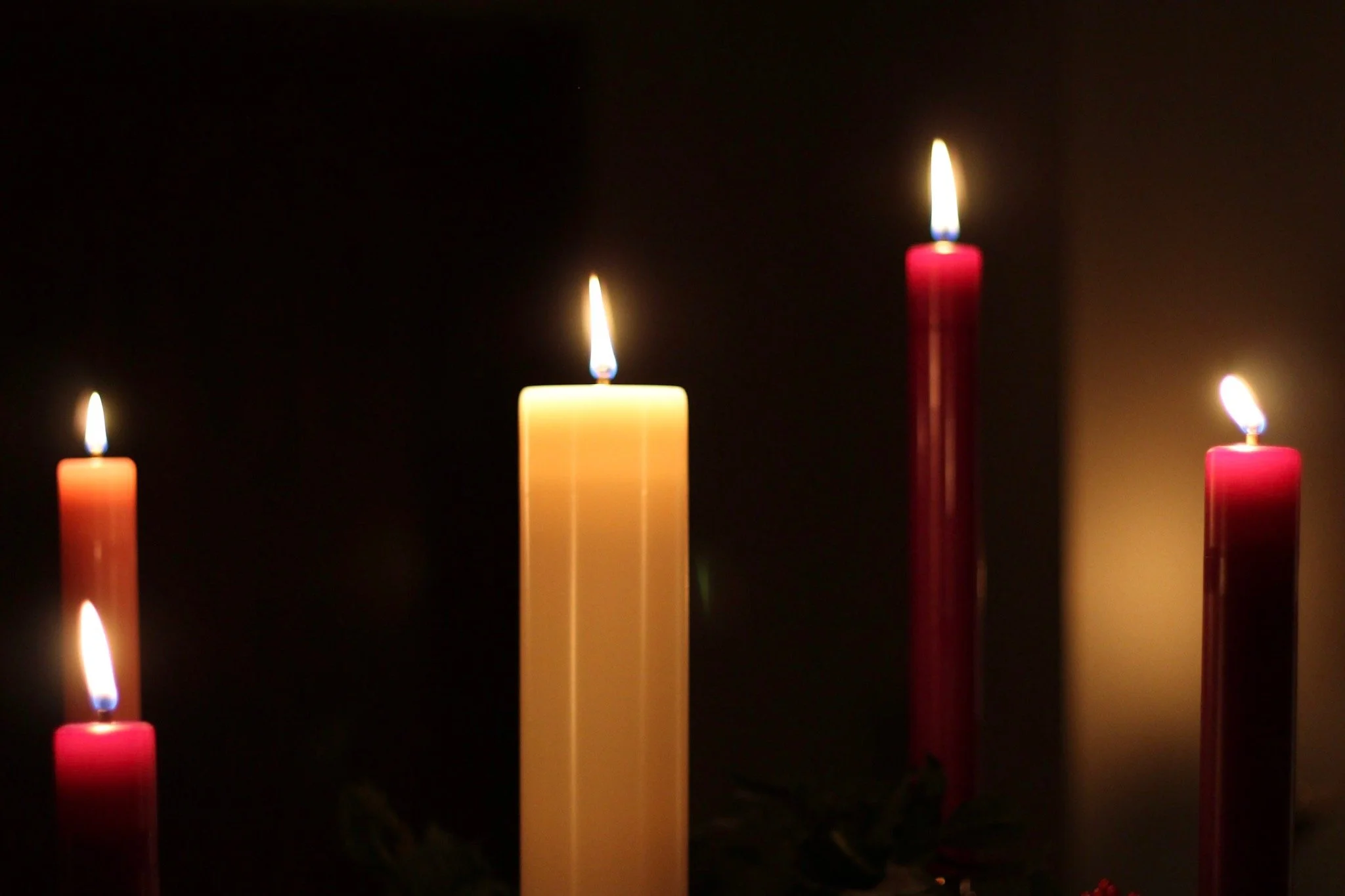December 4th, 2021
Matthew 22:15-22
15 Then the Pharisees went and plotted to entrap him in what he said. 16 So they sent their disciples to him, along with the Herodians, saying, “Teacher, we know that you are sincere, and teach the way of God in accordance with truth, and show deference to no one; for you do not regard people with partiality. 17 Tell us, then, what you think. Is it lawful to pay taxes to the emperor, or not?” 18 But Jesus, aware of their malice, said, “Why are you putting me to the test, you hypocrites? 19 Show me the coin used for the tax.” And they brought him a denarius. 20 Then he said to them, “Whose head is this, and whose title?” 21 They answered, “The emperor’s.” Then he said to them, “Give therefore to the emperor the things that are the emperor’s, and to God the things that are God’s.” 22 When they heard this, they were amazed; and they left him and went away.
Caught by Jesus
It is a tale as old as time, or at least as old as the New Testament. Those tricky Pharisees are up to no good again, trying to catch Jesus in another one of their plots. This time, instead of taking a religious tack, they've decided to go political with Jesus, trying to get him entangled with the mechanics of the Roman Empire. "Is it lawful," they ask," to pay taxes to the Emperor, or not?" As faithful consumers of holy scripture, we know that this can only go one way, The Way of Jesus. We can almost see the Pharisees standing by, rubbing their hands in anticipation of Jesus falling into their snare. "Give therefore to the emperor the things that are the emperor's and to God the things that are God's."
I often muse about how we think Jesus operates. Whose "morals" or "standards" he follows and whose ‘way’ he would endorse. These musings sometimes find me weighing out different positions on different issues, perhaps even taxation from time to time when my tax bill comes due. I find myself wondering if I should give to the IRS what is the IRS's.
Those who make exclusive claims on Jesus seem to forget that we are the ones that Jesus has made a claim over. We are the ones that Jesus came to save at his first coming and will bring into his kingdom at his second coming at the end of the age. Projecting my ideologies and my agendas onto Jesus is futile. Primarily because His ways are not my ways, and His thoughts are not my thoughts, and thanks be to God for it. I'm not interested in a savior made in my image as much as I am interested in being shaped into the likeness of Christ.
As much as we might want to catch Jesus in our traps, Jesus will easily destroy those bonds much more quickly than he conquered the bonds of sin, hell, and death. So, our task, instead, is to sit, watch, and wait for Jesus to show us who he is. Further, while we wait, we might reflect on who Jesus is asking us to become and how we might shape ourselves into his image.
As we look around at the world around us, sometimes our hearts end up in our throats. We hear stories of supplies’ chain problems, new COVID variants, political upheavals, and climate change. It’s hard not to get anxious with the 24-hour news cycle recycling information non-stop for our enrichment. It would be abnormal not to feel uncomfortable in the climate that we live in. However, we continue to place our hope, trust, and loyalty in the one through whom all things were made. There have been times like these before, and I suspect that we will see times like these again sometime down the road, but perhaps not in our lifetime. Maybe Jesus will come again before that has to happen. In the meantime, what we are given and guaranteed is right now. When we are anxious, we give those anxieties to God. When we are conflicted, those things belong to God as well. When we have needs, we entrust those to God to take care of. You see, it isn’t just silver and gold that belong to God. It’s all the rough times, heartaches, pains, and uncertainties as well.
So, give unto The Emperor, the president, the congress, and the Queen that which is theirs. Remember, all things are in the hands of our Savior, and it is through him that all things shall be made well.
The Rev. Tyler C. Richards
Rector, St. Anne's Episcopal Church
Episcopal Diocese of Fond du Lac

